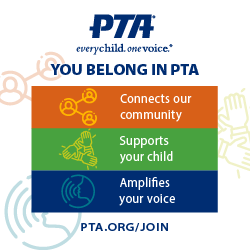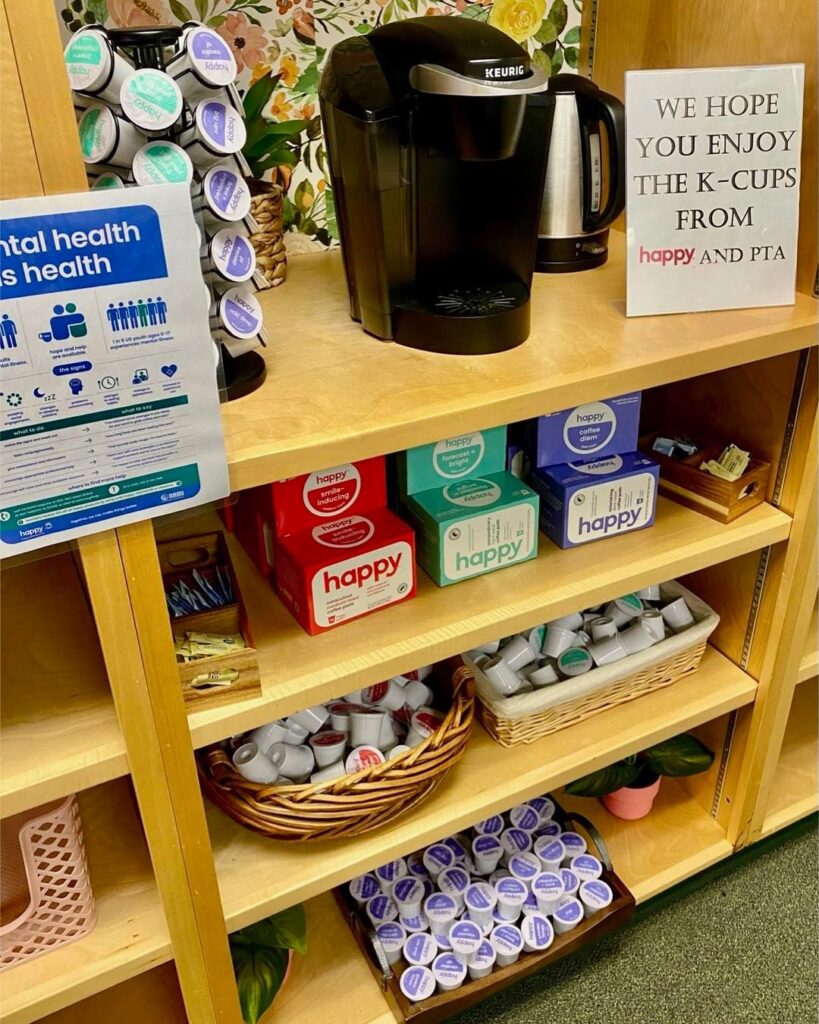Stress isn’t just a problem for adults. Young people also experience unhealthy levels of stress, according to Stress in America—an annual survey by the American Psychological Association.
The survey found that 13-to-17-year olds experience stress levels higher than are considered to be healthy. School is the top source of stress for teens, followed by the pressure of getting into a good college or deciding what to do after high school.
Stress is leading to emotional and physical symptoms for many young people. The teens surveyed reported feeling tired, nervous, anxious or overwhelmed, having negative thoughts or changes in sleeping habits. Nearly one-third of teens said they weren’t sure if they were doing enough to manage their stress.
Be aware of the signs that your teen is experiencing unhealthy stress levels: Irritability, anger, excessive worry, insomnia or sleeping difficulties and disordered eating (either overeating or eating too little). Teens experiencing uncontrolled stress may also be more likely to use illegal drugs or engage in underage drinking, especially when not monitored.
The good news is you can help your kids learn to keep stress in check. One way is by teaching your teen healthy coping mechanisms.
Physical Activity
Encourage your teens to find opportunities to engage in activities they enjoy. Team sports can be great social outlets as well as opportunities for exercise, but they’re not for everyone. Yoga, hiking, biking, dancing, walking and swimming are just a few other options that may appeal to your teen.
Healthy Sleep
When stress spikes, sleep often suffers. At the same time, too little sleep can make stress that much worse. Encourage your child to get enough shut-eye. Limiting screen time and stimulating activities in the evening can help your kids fall asleep earlier, so they are better rested when the alarm buzzes.
Goal Setting
You can also teach your teen to develop healthy ways to manage the stressful tasks of school and life. In a quest to promote their teen’s excellence, parents have a tendency to nag kids to do things a certain way. But teens are becoming adults, and they thrive on shared decision making and building autonomy as they move into young adulthood.
Talk with your teen about setting goals and taking small steps to achieve them. Instead of trying to solve problems for your child, try to brainstorm solutions together or elicit ideas from your teen. By helping teens learn to solve problems on their own, they’ll be better able to manage stressful situations as they arise, especially once they leave home.
For more info on managing stress, visit APA.org/HelpCenter.
Kirsten Weir is a freelance writer for the American Psychological Association.


















